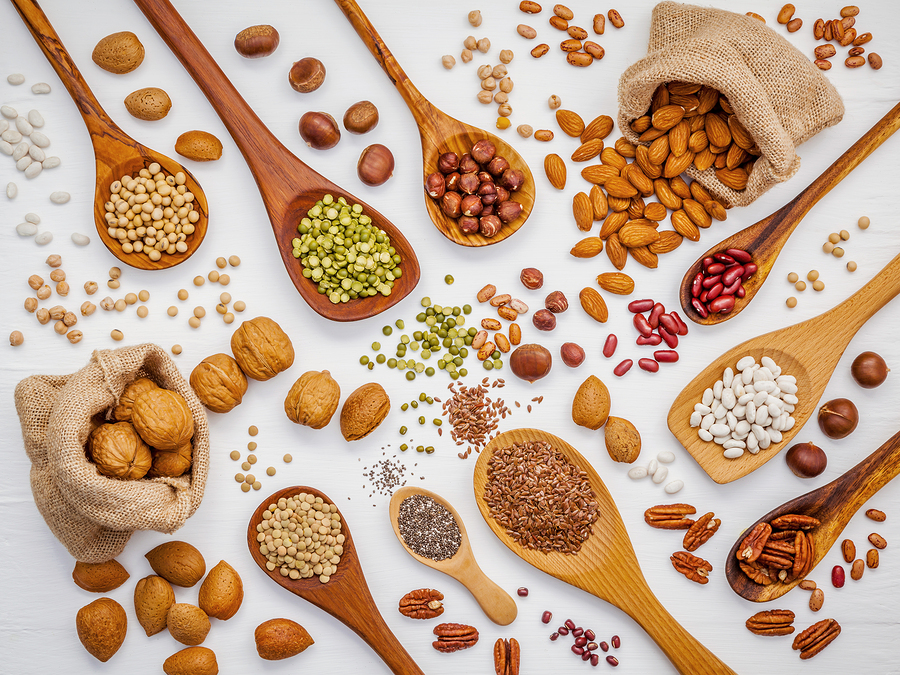- Make It Yourself Lavender Heart-Shaped Bath Bombs!
- 20 Things You Never Knew About “Down There”
- 12 Best Foods For Those Suffering From Arthritis Pain
- 12 Personal Hygiene Mistakes Almost Everyone Makes (Mom Never Told You About #4!)
- 15 Medicinal Plants And Herbs From The Cherokee People
- 12 Mind-Blowing Benefits Of Drinking Coconut Water During Pregnancy
- 12 Outstanding Winter Foods That Won’t Fatten You Up Like A Christmas Turkey
Add Beans To Your Diet For Amazing Health Benefits
The health benefits of beans are not well-known
Beans are generally extremely underrated with regard to their nutritional and mineral values that have a myriad health benefits. From the days of the American civil war, through two world wars – right up to the present day, beans have formed part of a soldier’s rations. In bygone days, beans were often mixed with pork or bully beef for some animal fat and extra protein.
Medical personnel of the day had begun to realise, what is well-known today, that beans are nutritional and helped to keep soldiers in the field healthy.
Beans are the largest part of the legume family, which include among others, peas, lentils, peanuts, soy beans, and also alfalfa. They are an inexpensive source of protein, fibre, and vitamins, which offer many health benefits. Studies have shown that there are so many varieties of beans that you can actually be spoilt for choice. It may take a little time to see which beans are suited to individual tastes, but beans can be added to soups, salads, casseroles, and meat dishes to for an interesting taste experience.
Some of the more popular varieties of beans include:
- Lima beans.
- Black beans and soybeans.
- Kidney beans and cranberry beans.
- Cannellini Beans.
Health experts agree that most beans need to be cooked in case some are not safe to be eaten raw.
A basic nutritional profile of all beans
Most beans have very similar health-promoting benefits, and are especially high in antioxidants, low in fat, and contain no cholesterol.
Trace minerals in beans essential for good health include zinc, manganese, magnesium, and iron. Beans are also very high in B vitamins like B1 (thiamine) needed to help metabolize food into energy and B9 – which is folate, necessary for forming DNA, and also helps to prevent certain kinds of birth defects.
Beans contain a high amount of vegetable proteins, which are actually not complete proteins on their own. This means that they lack a certain amino acid that you can only get from meat, fish, poultry and dairy products. It is important to note that if you combine eating beans with any meat, fish or poultry dishes, as well as dairy products such as milk, cheese or yogurt – the beans immediately become a complete protein which is needed by the body.
Continue to Page 2

































